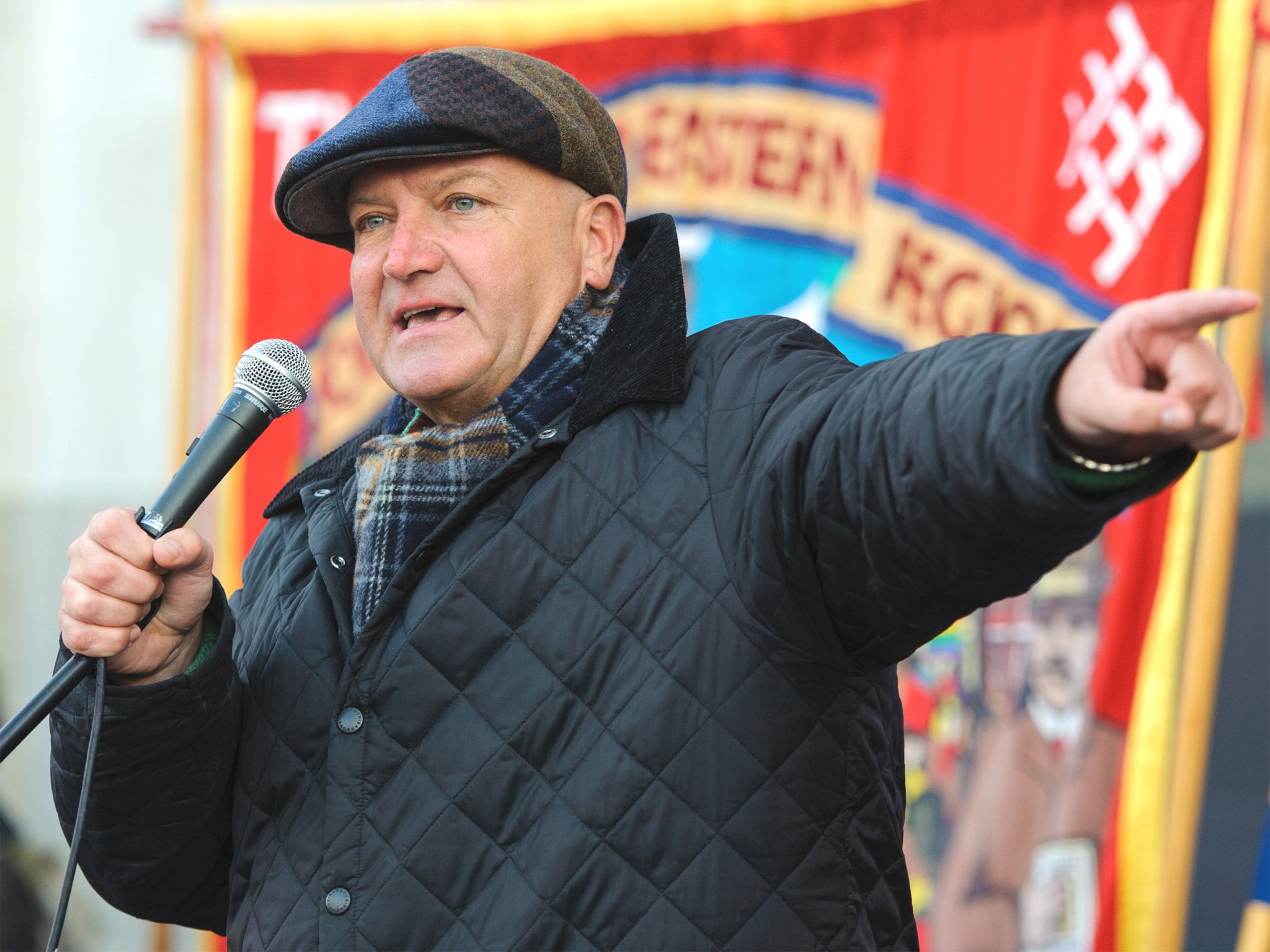Bob Crow death: A modern union man who still fought for powerless


British politics – in fact, British society – suffers acutely from Downton Abbey syndrome. Diverting and dramatic, the theatre (or pantomime) of local class struggle so absorbs us that the fast-changing reality behind the scenes passes almost unnoticed. Forget everything you have read and heard about the late Bob Crow as an old-school union boss, a rare survivor from a vanished age – either a doughty champion of working-class interests or a stubborn, disruptive dinosaur.
The truth is that Mr Crow was in some respects a thoroughly modern figure. In one area – London’s public transport, and especially the Underground – he delivered a long-term masterclass in small-scale, hi-tech unionism. There, he could parlay his members’ supply of an essential near-monopoly service into good wages and favourable conditions. On the Tube, large numbers of prosperous and well-connected commuters and travellers depend on the skills of RMT staff. The workers who serve them are relatively few; the kit investment-hungry and sophisticated; the market affluent and well-defined; the alternatives very limited.
This formula makes for collective-bargaining power that has more in common with (say) the British Airline Pilots Association, or even the British Medical Association, than it does with the low-waged, mixed-skill and mass-membership unionism that began to dwindle in the Thatcher-propelled 1980s. Look behind Britain’s ever-entertaining carnival of class, and the Tube-related stand-offs of the RMT may have more in common with junior doctors’ negotiations than with the rail disputes of 50 years ago.
The gulf between elite craft unionism – the so-called “aristocracy of labour”, according to one branch of the Marxist theory Mr Crow certainly knew – and all-inclusive general workers’ movements runs deep in the labour history of Britain, and of London. It was 125 years ago, in 1889, that the great London dockers’ strike began to shift the balance in favour of broader general unions. Now the tide has turned again. Organised labour flourishes best among small, skilled bands which can control the delivery of an irreplaceable service in key parts of a national economy. Elsewhere, the law of the jungle – or rather the ocean – often still applies.
Remember that the “M” in RMT stands for “Maritime”. There, on the high seas of globalisation, Mr Crow’s union packs a much feebler punch. On container ships, which deliver more than 90 per cent of the goods we consume, the under-regulated free-for-all of the labour market means precarious conditions for the majority of seafarers. Look at the RMT’s own website and you will find a depressing litany of the legal rights – the minimum wage, above all – that even its members may forfeit outside UK waters. And most crew – many of them Filipinos – toil on ships far out of sight of any union agreement. Here, oceans apart from the fuming pundit on a strike-day Tube platform, the borderless economy has brought back 19th-century insecurities. Mr Crow had in fact campaigned to extend the UK minimum wage to foreign-flagged ships in domestic waters. Did a single national newspaper article ever credit that side of his work?

Join our commenting forum
Join thought-provoking conversations, follow other Independent readers and see their replies